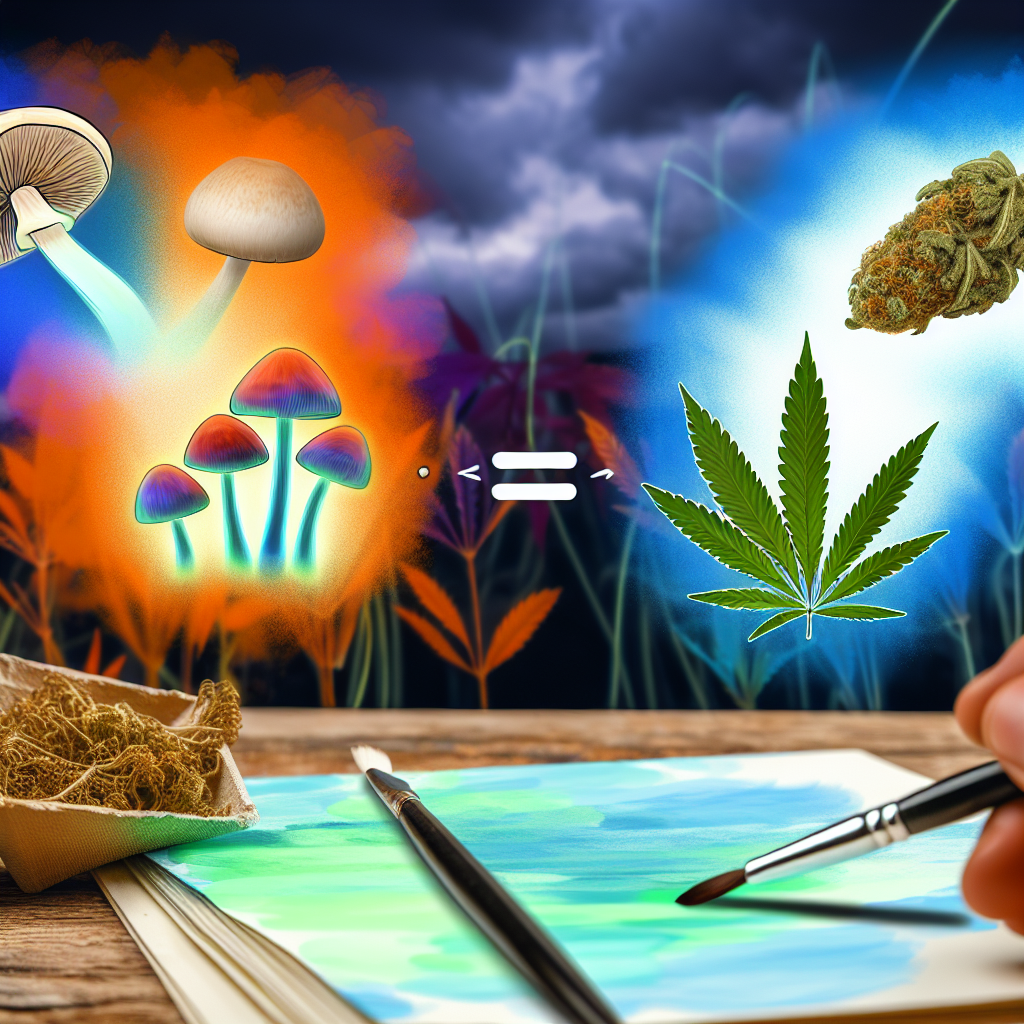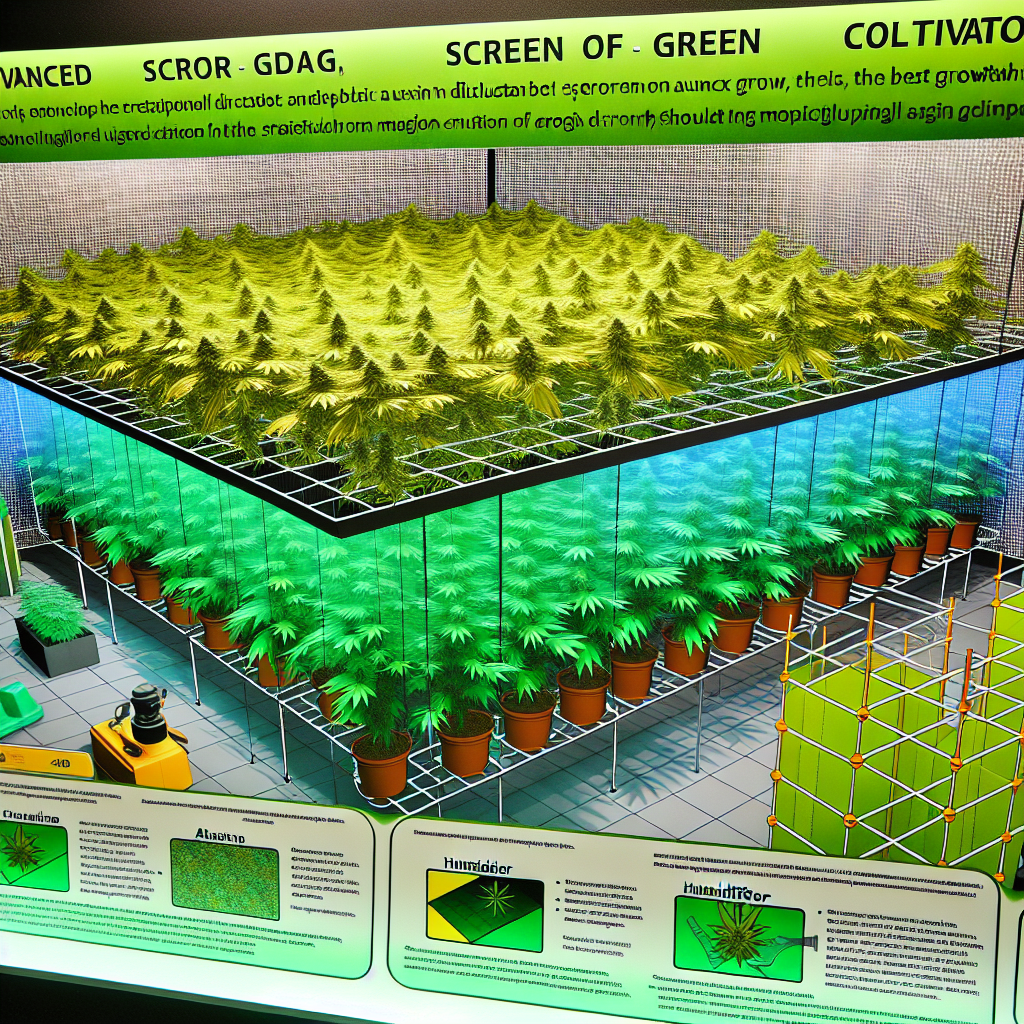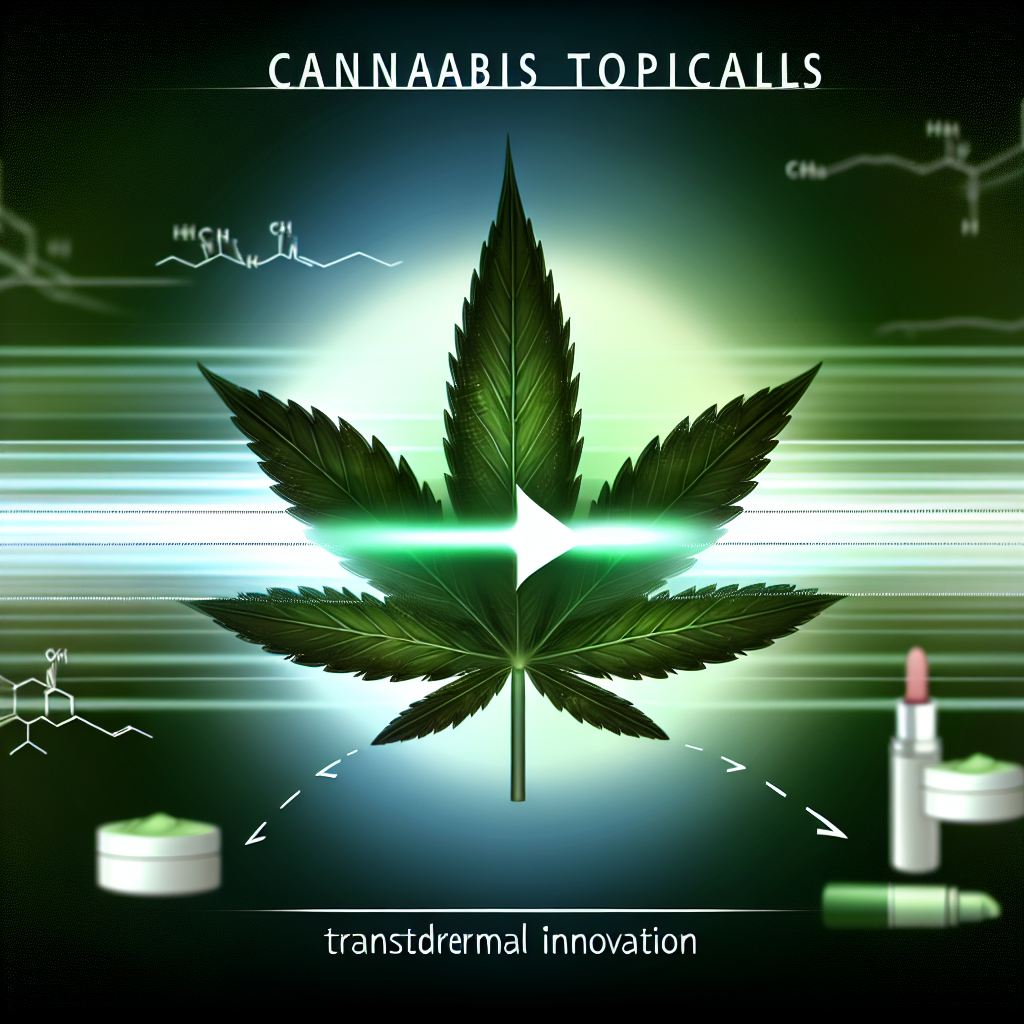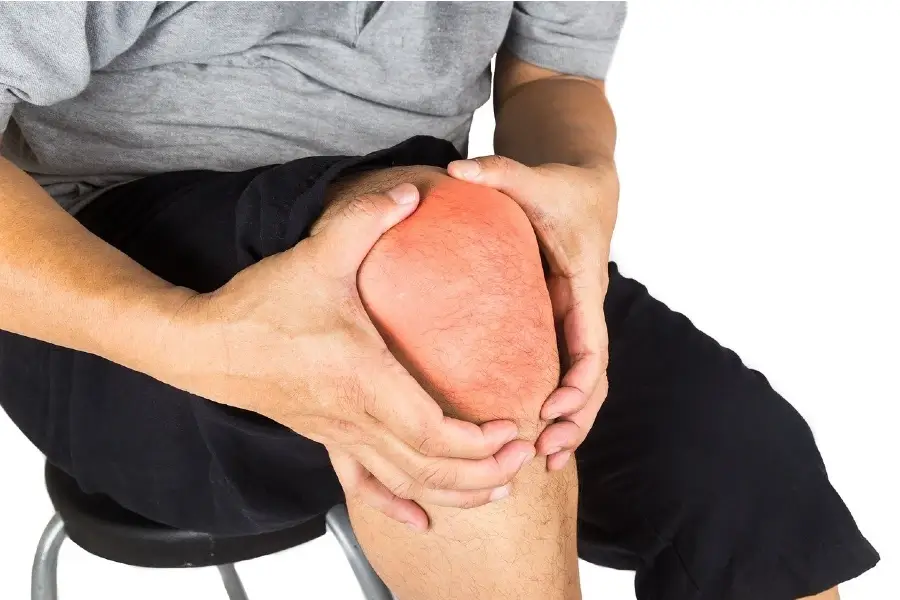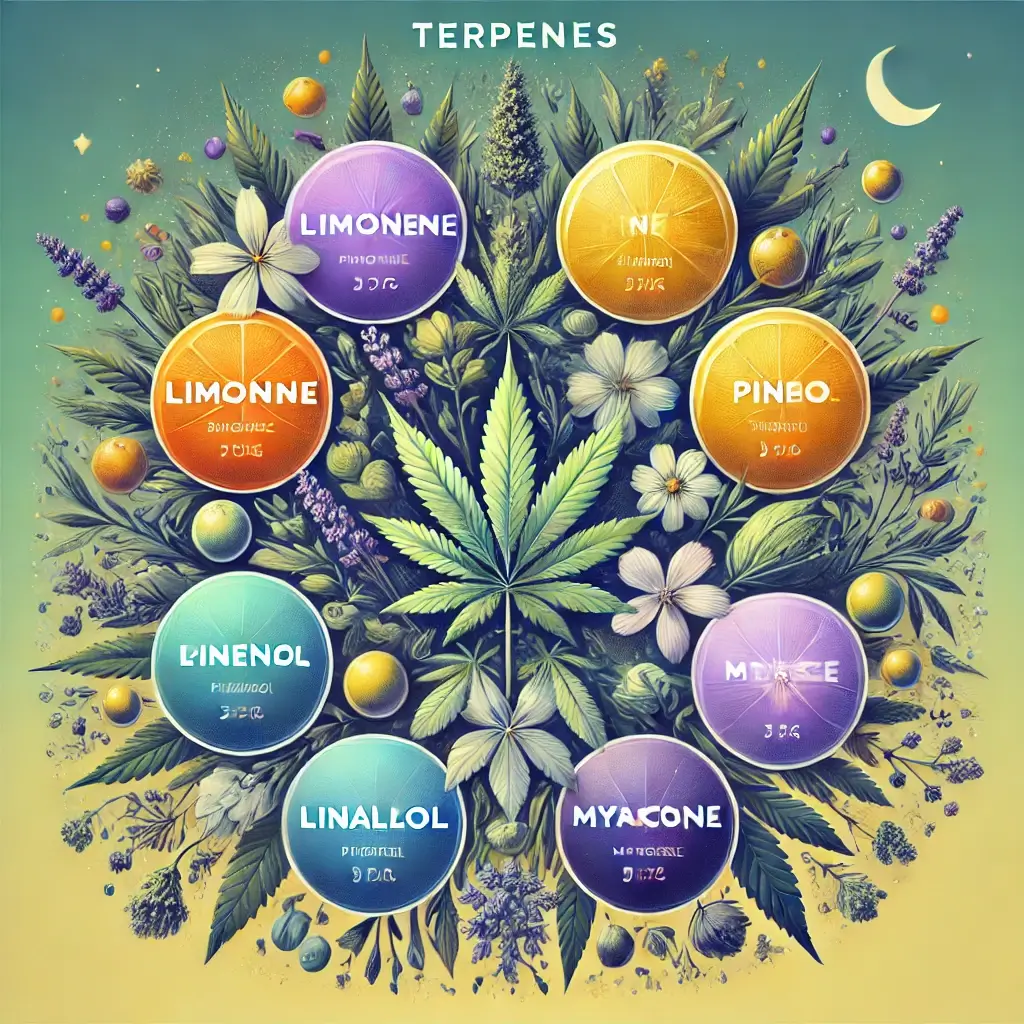Microdosing Mushrooms vs. Cannabis: Which Is Better for Creativity and Focus?
Introduction
In recent years, the conversation surrounding mind-altering substances has evolved dramatically. Gone are the days when cannabis and psychedelics were discussed only in hushed tones behind closed doors. With emerging research and growing societal acceptance, individuals—especially professionals, creatives, and entrepreneurs—are turning toward microdosing: the practice of consuming sub-perceptual doses of psychoactive substances to enhance mental performance, boost creativity, and promote emotional clarity. Among the most popular substances being experimented with for these purposes are psilocybin mushrooms and cannabis.
Historically, cannabis has been widely used not only recreationally, but therapeutically, serving as a plant-based remedy for conditions such as anxiety, chronic pain, and insomnia. However, with over 100 cannabinoids like THC (tetrahydrocannabinol) and CBD (cannabidiol), the cannabis plant also offers cognitive effects that vary depending on dosage, strain, and the individual’s body chemistry. Recently, microdosing cannabis—typically through small, controlled amounts of low-THC strains—has emerged as a potential tool for enhancing creativity and improving focus without the intense high often associated with larger doses.
On the other hand, psilocybin mushrooms—a psychedelic fungus with centuries of indigenous use—are making a comeback with robust research and mounting anecdotal evidence supporting their potential to unlock innovative thinking and sharpen mental clarity. Microdosing psilocybin is gaining traction in Silicon Valley and artistic communities as a way to stimulate cognitive flexibility, decrease depression, and support the “flow state,” a high-functioning mental mode of creative immersion.
So which is better for boosting creativity and focus—microdosing psilocybin or cannabis? The answer isn’t black and white. It depends on individual neurochemistry, goals, and lifestyle. However, understanding the similarities and differences between the two—backed by professional and medical research—can help consumers and marijuana professionals make informed, responsible choices.
In this article, we’ll explore the cutting-edge studies behind microdosing psilocybin mushrooms and cannabis, compare their cognitive effects, and examine which may be better suited for enhancing creativity and sharpening focus in different scenarios.
Psilocybin Power: Boosting Innovation Through Mushroom Microdosing
Psilocybin microdosing typically involves consuming 0.1 to 0.3 grams of dried mushrooms every three to four days. A landmark observational study published in the journal *Nature: Scientific Reports* in 2021 collected self-reported data from over 1,000 individuals who practiced microdosing psilocybin. Participants noted improvements in mood, focus, and even time management. Notably, the study recorded persistent enhancements in creative problem-solving, suggesting that psilocybin microdosing may affect cognitive flexibility and executive functioning [(Anderson et al., 2021)](https://www.nature.com/articles/s41598-021-01811-4).
Further supporting this, research from the University of Maastricht found that microdosing psychedelics positively influenced convergent and divergent thinking—both crucial aspects of creativity [(Prochazkova et al., 2018)](https://doi.org/10.1007/s00213-018-5049-7). These findings suggest that psilocybin may help users approach problems from novel perspectives, remove mental blocks, and bypass restrictive thought patterns.
High Ideas, Low Doses: Cannabis Microdosing for Everyday Creativity
Cannabis, when microdosed correctly, can also catalyze creative thinking and spur focus, especially when low-THC, high-CBD strains are used. A 2014 study published in *Psychopharmacology* discovered that low doses of cannabis (equivalent to a few milligrams of THC) enhanced divergent thinking, a key measure of creativity. However, the same study found that moderate to high doses had the opposite effect, highlighting the importance of dosage control [(LaFrance et al., 2020)](https://doi.org/10.1007/s00213-020-05403-2).
Moreover, a 2020 Israeli pilot study examined the therapeutic potential of low-dose THC on brain function. It concluded that regular THC microdosing improved spatial memory and reduced anxiety-like behavior without impairing motor functions—a balance critical to maintaining productive focus [(Sarne et al., 2018)](https://www.ncbi.nlm.nih.gov/pmc/articles/PMC4418556/).
Microdosing Showdown: Psilocybin vs. Cannabis
When comparing the two substances, psilocybin appears to have more pronounced effects on creativity through heightened emotional insight, expanded awareness, and increased neuroplasticity. Cannabis microdosing, on the other hand, might be better suited for users who are seeking more grounded enhancements in mood, productivity, and mild creativity boosts without the potential emotional catharsis mushrooms may invoke.
Cannabis is also currently more accessible. It’s widely legal and easier to regulate in dosing via tinctures, edibles, or vaping devices. In contrast, psilocybin remains a Schedule I substance under U.S. federal law, although growing decriminalization movements are changing that landscape.
Overall, the most cutting-edge studies suggest that both substances have creative and cognitive benefits when microdosed, but the choice depends on the desired depth and nature of mental engagement.
Final Verdict: Which Microdose Is Right for You?
Choosing between microdosing psilocybin or cannabis for creativity and focus is a nuanced decision. Psilocybin offers deeper, potentially more transformative cognitive insights, while cannabis provides a more subtle uplift in mood and idea generation. Whether you’re an artist seeking inspiration, a coder chasing flow state, or a medical professional advising patients, understanding the science-backed impacts of these substances can help chart a mindful, informed journey into cognitive optimization.
**Summary:**
In this article, we explored the potential cognitive benefits of microdosing psilocybin mushrooms and cannabis, examining how each substance can enhance creativity and focus through different neurological pathways. While both show promise, the choice ultimately depends on the individual’s goals, lifestyle, and desired depth of mental engagement.
**References:**
– [Anderson, T., Petranker, R., Christopher, A., et al. (2021). Microdosing psychedelics: Personality, mental health, and creativity differences. *Nature: Scientific Reports*.](https://www.nature.com/articles/s41598-021-01811-4)
– [Prochazkova, L., Lippelt, D. P., Colzato, L. S., et al. (2018). Exploring the effect of microdosing psychedelics on creativity in an open-label natural setting. *Psychopharmacology (Berl)*.](https://doi.org/10.1007/s00213-018-5049-7)
– [LaFrance, E. M., Glodosky, N. C., & Bonn-Miller, M. O. (2020). The effects of cannabidiol, delta-9-tetrahydrocannabinol, and their combination on attention and cognitive function. *Psychopharmacology*.](https://doi.org/10.1007/s00213-020-05403-2)
– [Sarne, Y., Mechoulam, R., (2018). Unorthodox Approach for Neuroprotection by Cannabinoids. *Neurotherapeutics*.](https://www.ncbi.nlm.nih.gov/pmc/articles/PMC4418556/)
For more research, insights, and curated cannabis content, visit [bluntys.com](https://bluntys.com). Your hub for mindful microdosing, cannabis therapy, and the future of plant-based creativity.
